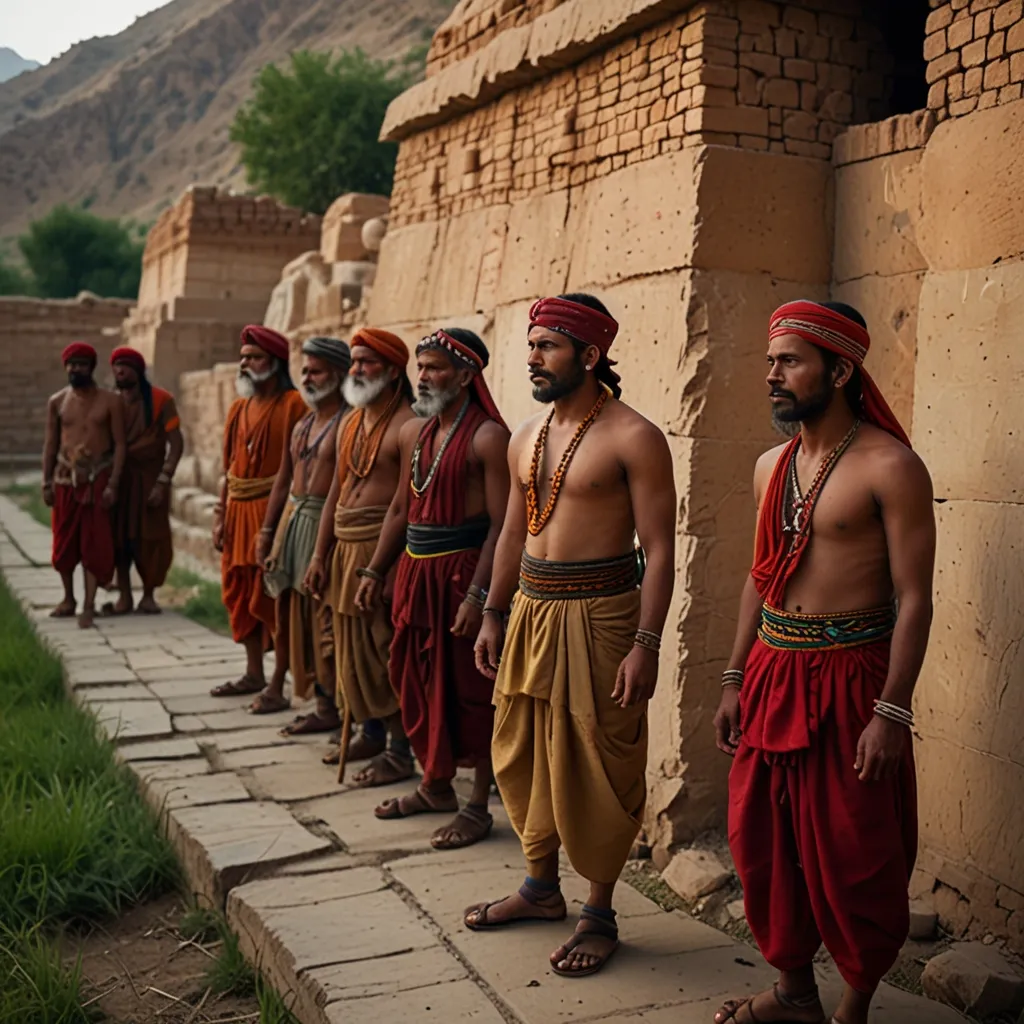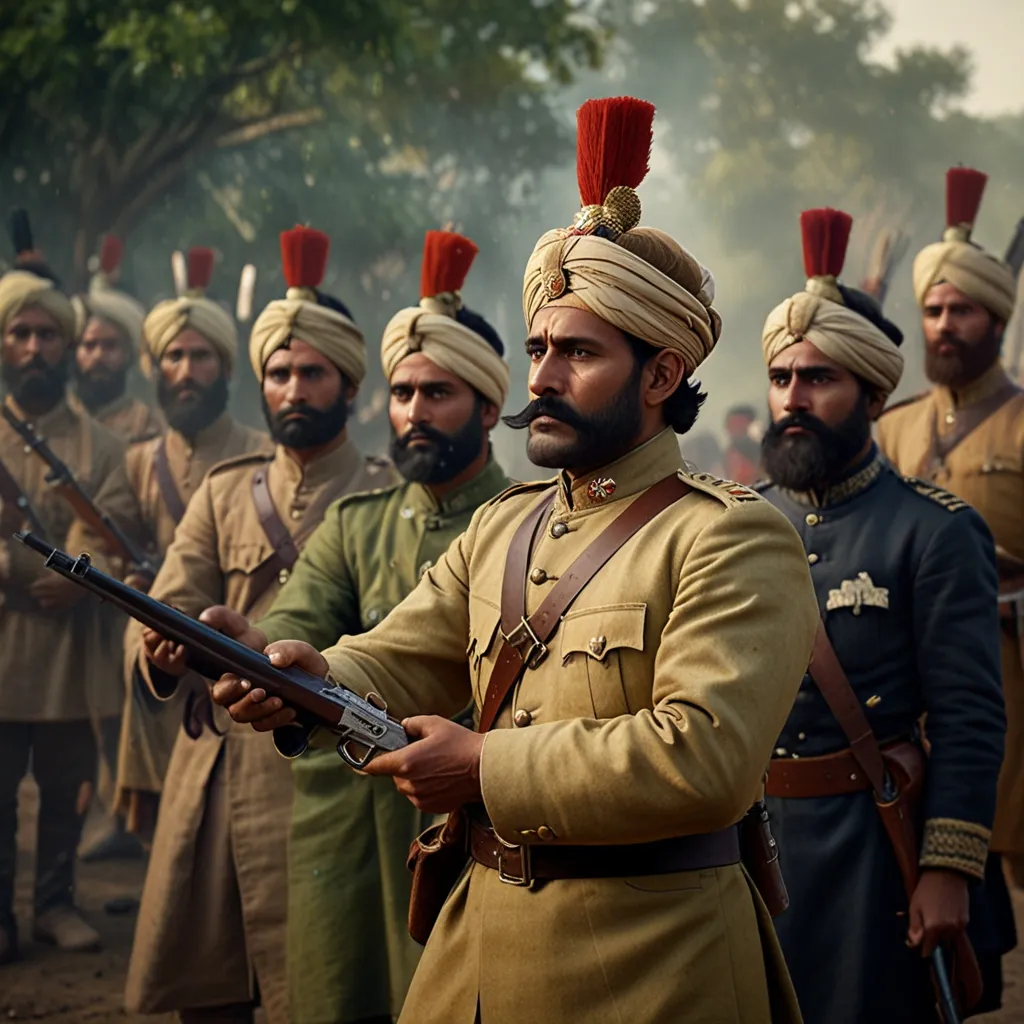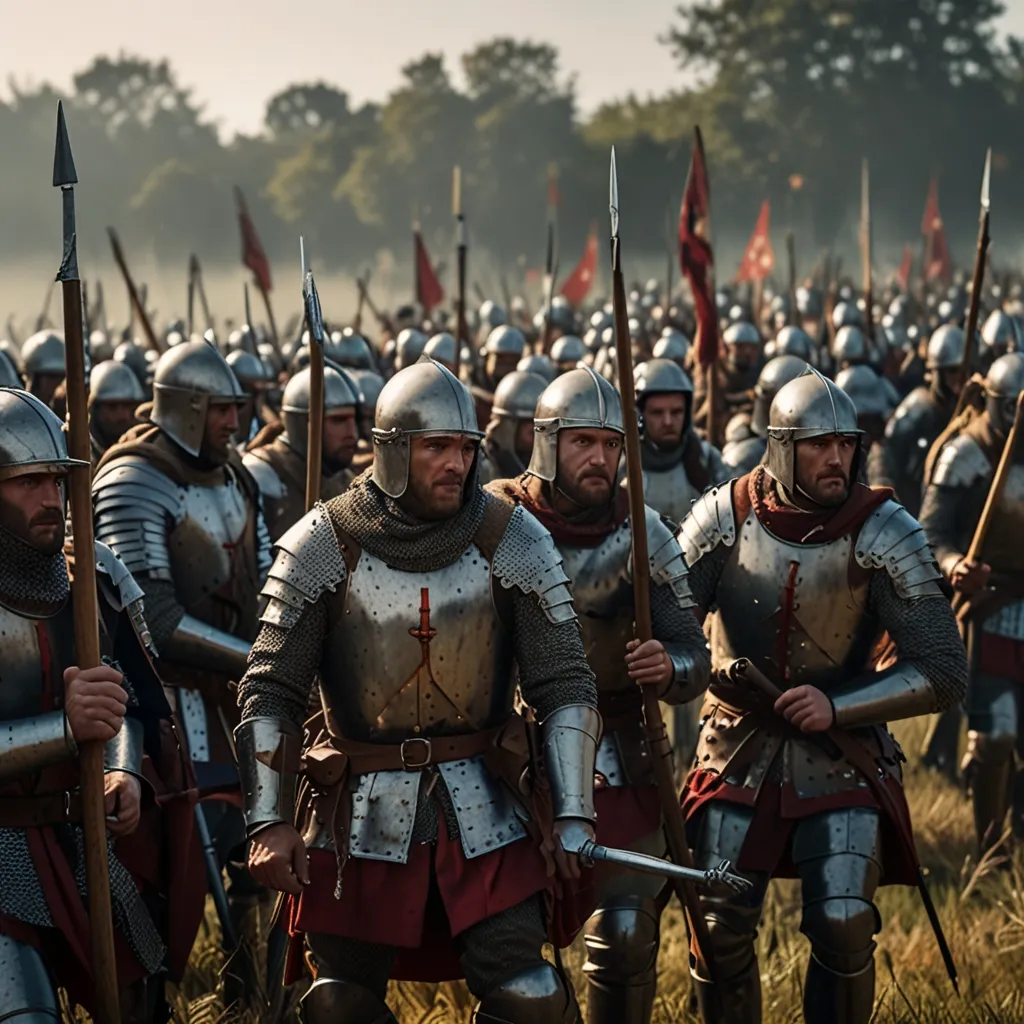The Mughal Empire, which kicked off in 1526 with Babur in charge, was a powerhouse in India. But like every great empire, its glory days didn’t last forever. The reasons behind its decline are a web of complicated internal and external factors.
One big issue was the messy succession policy. There wasn’t a clear rule for who took over next, leading to frequent family feuds over the throne. This constant infighting weakened the empire, as nobles would back different candidates, boosting their own power and creating chaos.
Fights within the Mughal court made things worse. As the empire expanded, regional leaders started flexing their muscles, and the central government struggled to keep control. Local nobles, known as jagirdars, began treating their lands as personal estates, rather than temporary assignments. This meant the emperor lost his grip on a key source of loyal troops.
Economically, the empire took a dive too. During Aurangzeb’s reign, heavy taxes and endless wars stretched resources thin. The long war in the Deccan was especially draining. Later rulers didn’t bother much with good governance or investing in tech, agriculture, or the military, leading to further decline.
Aurangzeb also stirred the pot with his religious policies. Unlike earlier emperors who embraced diversity, he pushed Muslim orthodoxy on a mostly Hindu population. Reintroducing the jizyah tax on non-Muslims and trying to enforce Sharia law only sparked more resentment and rebellion.
Territorial losses hit hard as well. At its height, the empire covered most of Afghanistan and the Indian subcontinent. But by the early 18th century, internal strife and invasions, like Nādir Shāh’s raid in 1739, started breaking it apart. The Marathas took over a large chunk of northern India, and by the mid-1800s, the empire had pretty much crumbled under pressure from rivals and the British.
British expansion sealed the deal. Initially, they came for trade but soon started grabbing political control. The Battle of Plassey in 1757 was a game-changer, with the British East India Company taking over much of the subcontinent. Mughal rulers became mere figureheads with no real power.
The Mughal Army also lost its edge. Once the backbone of the empire, it suffered from poor leadership and an outdated structure. Unlike Akbar, who revamped the military, later emperors didn’t bring in any new tactics or reforms, making the army ineffective against both internal and external threats.
In short, the Mughal Empire’s fall was a mix of sloppy succession, court rivalries, economic strain, religious strife, territorial losses, British encroachment, and a weakened military. Despite its rich legacy, the collapse of this mighty empire underscores the tough balancing act of maintaining power and stability over time.






